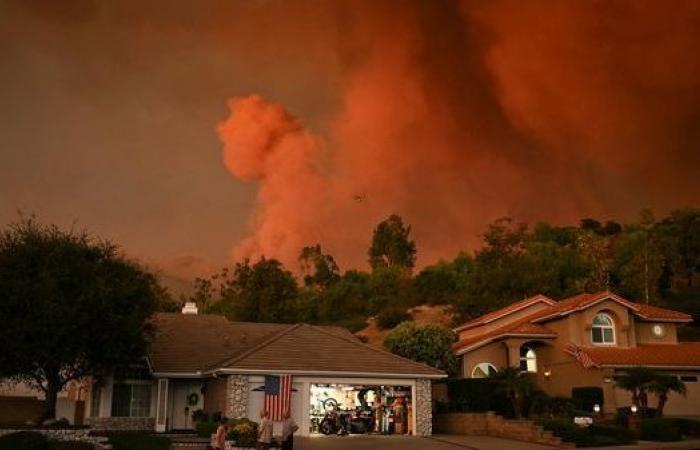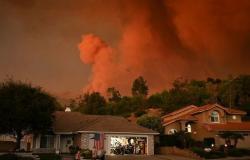
For the end of COP29François Gemenne looks at the annual survey of the International Climate and Public Opinion Observatorycommissioned by EDF from IPSOS, a global survey on the perception of climate change. “COP29 brings together the whole world, but the world is represented by governmentshe said. And to understand the positions of these governments, it is still useful to look at the state of public opinion on climate change in these different countries – even if the governments represented at COP29 are far from all being democratic governments. , obviously“.
**>> “There is a sort of rise in climate skepticism, exploited by many sowers of doubt,” notes the Climate Action Network at the opening of COP29 in Baku
**According to François Gemenne, this is the interest of this survey which is carried out in 30 countries, on a total sample of 23,500 people, interviewed online and selected using the quota method. This sample covers two-thirds of the world's population,”this is what is really interesting – because it allows us to compare the opinion of the French to that of other countries, and their evolution over time“, he explains.
franceinfo: what do we learn in this survey?
François Gemenne : The first lesson is that people are less and less worried about climate change: 35% said they were very concerned in 2022, only 29% in 2024. For the first time, there In France, there are more people who don't care (30%), than people who are very concerned. In the rest of the world, 40% say they are very concerned: 11 points more than in France. Interestingly, in France, it is especially among left-wing voters that we see the drop in concern. Among Republican voters, conversely, it is increasing. Logically, in France as in the world, environmental priority is declining. And so, obviously, it's complicated to then ask governments to act more. However, seven out of 10 people, in France and around the world, believe that it is up to governments to act first: we are not out of the woods.
Is this linked to the rise in climate skepticism, which we see rising in other polls?
Not only that. Climate denial remains important in France, but no more than in the rest of the world. In the world as in France, we have 10% of diehards who think that climate change simply does not exist – a figure slightly higher than the number of people who think that the Earth is flat. But above all, we have a large quarter of the world's population who think that climate change is not linked to human activities. However, it must be remembered again and again, the latest IPCC report is clear: current climate change is entirely due to human activities, 100%. This will obviously not prevent certain politicians, in France as elsewhere, from claiming the opposite on television sets, but it is well known that these politicians have carried out in-depth studies in climatology, which allow them to confidently contradict the work of the entire global scientific community.
Are there countries where it is more pronounced?
Yes, there are notable differences between countries. In the United States, for example, 44% of the population are in denial. Conversely, there are only a quarter of them in Brazil, Mexico, Turkey and South Korea. But it is on the electric car that the contrast is most astonishing: only 18% of French people think that the electric car is better for the climate than the gasoline car, compared to 34%, or roughly double, of the world population. And it doesn't matter that all the studies show that the carbon footprint of an electric car, over its entire life cycle, is 2 to 6 times better than that of a thermal car, that's not worth a good video on YouTube from an independent researcher who will say the opposite.
What to do?
First, 40% of French people consider that it is already too late, whatever we do and 22% believe that they will have to change their place of residence in the next 10 years because of climate change. We sense a certain form of resignation emerging here. Even if this remains the majority, the French are less and less ready to change their lifestyles, and rely more and more on technological progress. And the acceptability of public policies varies, with nevertheless a very strong rejection of tax policies. All of this is not very engaging, but I believe that it should above all give us food for thought about communication and mobilization strategies on the climate. Because there too, there is still a long way to go.





